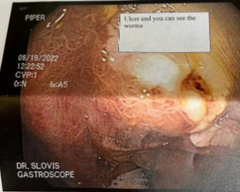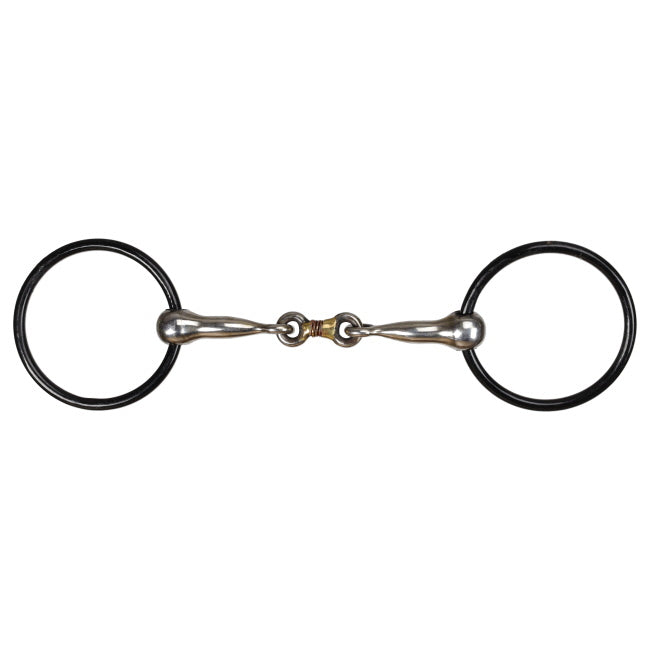Do you deworm your horse every eight weeks like clockwork? This might not be as effective as you think.
Rotational deworming used to be the best practice, but increasing deworming resistance is causing veterinarians and horse owners to rethink this practice. Worms cause weight loss, lethargy, colic, and eventual organ damage without proper management. But, as a horse owner, it can take some work to figure out the right deworming strategy. We’ve compiled a list of deworming best practices to help!
As grazers, horses will always have exposure to worms. In most cases, a low worm load will have no significant effect on your horse. Symptoms can be hard to diagnose high worm loads because they vary based on the worms and the horse. These symptoms could range from being a little off to severe colic. In foals, worms are often the culprit for poor growth.
Fecal Egg Count Tests
Wouldn’t it be nice to know what you need to treat for instead of randomly giving your horse a dewormer? Fecal egg count tests use a manure sample to see how many eggs your horse is shedding. Not how many worms they have! Shedding means eggs present in the manure. Once you know the quantity and type of eggs present, you can put together a targeted plan for your horse.
We recommend fecal egg count tests and retests in the Spring and the Fall. Your veterinarian can advise the appropriate treatment based on the test results. Retests are recommended 14 days after deworming treatment to confirm the effectiveness.
What internal parasites should you worry about?
All horses have worms. The most common internal parasites are large strongyles, small strongyles, roundworms, pinworms, and stomach bots.
Large Strongyles
 One of the most harmful internal parasites, large strongyles, are blood feeders, causing amenia and body weakness. One form of this parasite can cause arterial blockage, intestinal damage, and intestinal rupture.
One of the most harmful internal parasites, large strongyles, are blood feeders, causing amenia and body weakness. One form of this parasite can cause arterial blockage, intestinal damage, and intestinal rupture.
Small Strongyles
Small strongyles are one of the reasons deworming practices have changed over the past decade. Many forms of small strongyles are dewormer resistant, making them very difficult to treat. Horses with small strongyles will present with weight loss, diarrhea, and ulcers. The larvae burrow into the intestinal wall. Only dewormers labeled for encysted small strongyles will treat the larvae.
Roundworms
Roundworms or ascarid larvae migrate to the lungs and cause coughing and respiratory issues. Adult worms are a common cause of impactions.
Pinworms
Pinworms lay eggs around the horse’s anus, causing discomfort and itchiness. While these
worms can irritate your horse, but they don’t pose the same health risks as others.
Bots
When grooming, you’ve probably seen bot fly eggs on your horse’s legs. These little yellow eggs get in your horse’s mouth when they rub their legs. The eggs cause tongue and gum issues in the mouth and irritation and ulcers in the stomach.
What is the best deworming plan for your horse?
Working with your veterinarian on an excellent deworming program for your horse is the first step. Start bi-annual fecal egg count testing and follow your veterinarian’s recommendation on the appropriate dewormer. We recommend retesting 14 after treatment to ensure your dewormer was effective.







